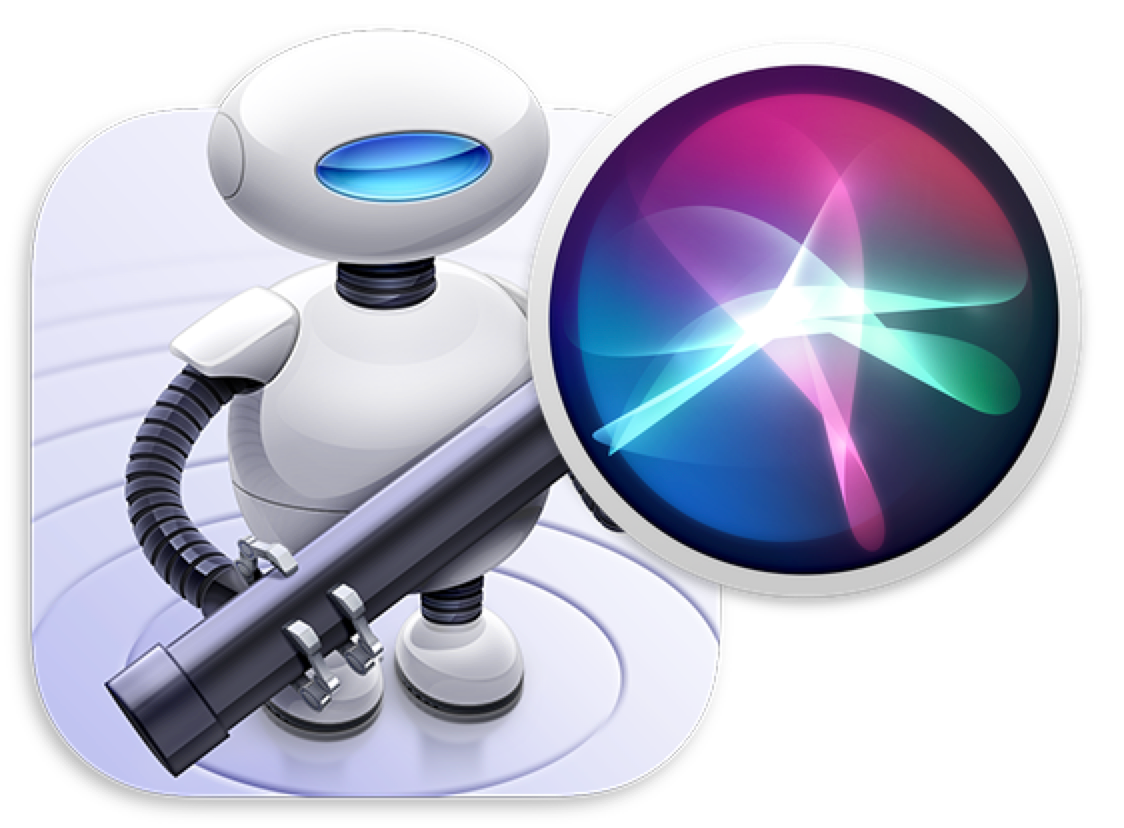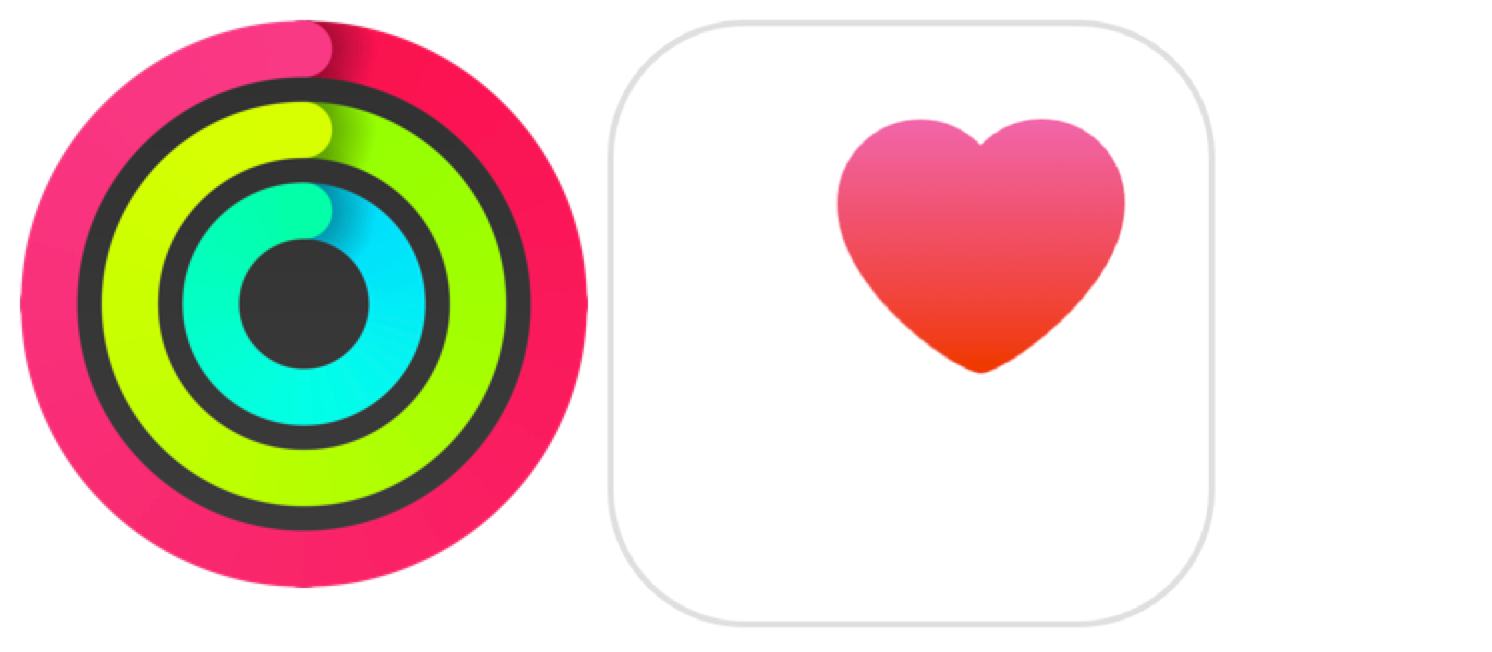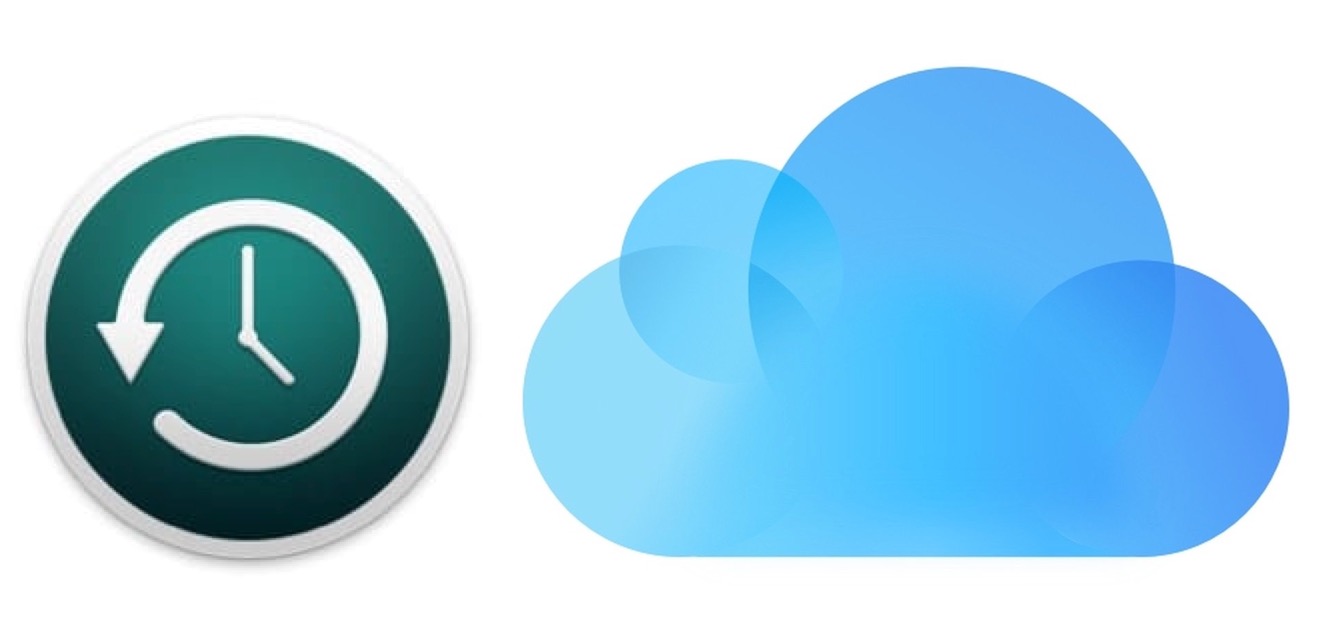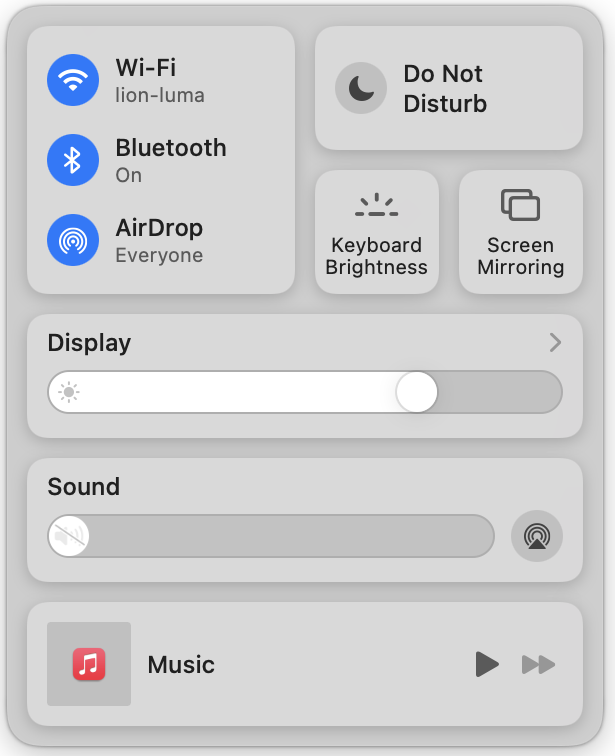Monday's Worldwide Developers Conference (WWDC) kicks off with Apple's annual keynote address. At last year's event, Apple surprised many by introducing macOS Big Sur, arguably the biggest Mac software update since OS X launched two decades ago.
Whatever replaces Big Sur this fall and gets announced on Monday probably won't be nearly as exciting as the current macOS version. And yet, there are a few tweaks and additions that could make it a winner nonetheless.
First, let's start with the name.

What's in a name?
Rumors suggest Apple's planning to name the next macOS version after Mammoth Lakes or Monterey, California, as both "Mammoth" and "Monterey" trademarks were recently renewed by the iPhone maker. Apple is more likely to select the latter since "Mammoth" is best reserved for a bigger update.
Besides, Big Sur is within Monterey, which sounds just about perfect for an incremental update. If that's the direction Apple's going, other options could include Carmel, Pacific Grove, or Pebble Beach instead of Monterey. Last I checked, Apple wasn't buying the PGA, and it doesn't appear it has trademarked any of those names — at least not yet.
Whatever the name, it's what's inside that counts, of course. Here are some ideas.

Shortcuts + Automator
Apple likes to bring iOS/iPadOS tools and functionality to macOS, and they will probably do so again this year. A good starting point is to bring Shortcuts to Mac for the first time.
Originally launched on iPhone with iOS 12 in 2018, the Shortcuts app features automated actions that the user can ask Siri to perform. Subsequent updates added more features to the native app.
Mac has Automator for workflows, of course. And yet, despite the occasional update, the tool feels old compared to Shortcuts. After 16 years, perhaps the time has come to retire Otto the Automator and make way for something new.
Another alternative: Keep Automator and integrate it into Shortcuts.

Fitness and health
In 2020, Apple introduced Fitness+, which finally brought the Fitness app to iPad and Apple TV. Bringing Fitness+ to Mac probably isn't at the top of anyone's wish list. And yet, there's still room for adding fitness and health to macOS.
The feature-packed Apple Health app pulls incredible wellness information from Apple Watch, iPhone, and third-party accessories. And yet, there's no way to view that data on a larger screen. An Apple Health app for macOS would fill the void, as long as Apple makes sure the information remains secure. Apple should add access to Fitness+ on Mac as well.

Improved security
Though macOS has always been more secure than Windows, malware instances on Mac have grown in recent years as the number of users continues to grow.
Further, at the recent Apple v. Epic Games trial, Apple's Craig Federighi made it clear security on the Mac doesn't match iOS/iPadOS. In May, he noted there were 130 types of malware on Mac. Obviously, this has to change.
Admitting you have a problem is the first step in fixing the problem. In 2021, Apple should concentrate on making macOS more secure.

Time Machine + iCloud integration
Many have turned to the native Time Machine app on Mac to make local backups, just as third-party options have become the norm for those who prefer off-site data storage. Apple could change both dynamics significantly if it treated Mac backups the same as those for iPhone and iPad.
Offering full iCloud backup for Mac makes sense, although it's unlikely because of the storage requirements it would require. And yet, Apple could still tweak Time Machine so that it's integrated with iCloud. By doing so, backing up on Mac would be a more seamless process and more in line with what's happening on mobile.

Other ideas
Control Center is one of the biggest new features of macOS Big Sur. And yet, it still lacks many of the features of the mobile version. To make it better in macOS 12, Apple should add more customization and flexibility.
Apple has updated many of its core macOS apps in recent years to look like iOS. A similar move could happen again in macOS 12, although the list of possible candidates is small. FaceTime needs an update, as does the native Mail app. What's more likely to happen is more integration overall between macOS and iOS. What this looks like won't be revealed until next week.
Elsewhere, macOS 12 will surely come with other tweaks and bug fixes. And no doubt, they'll be one or two items that will come as a complete surprise.
macOS 12 release date and availability
Apple developers and (eventually) members of the company's public beta program will begin testing macOS 12 on Monday, June 7. Many beta releases later, and the first public version should arrive in September or October. Once again, the update will be free and available through the Mac App Store or under About This Mac > Software Updates in the Apple menu on your computer.
All 2020/21 Apple silicon Macs will support macOS 12, as will most Macs released in the last seven to eight years. We'll know more about compatibility later this summer.
- WWDC 2021: What to expect from Apple’s show
from TechRadar - All the latest technology news https://ift.tt/3fVUixu
Aucun commentaire: